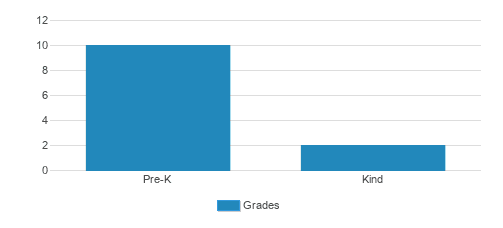The Kids' Place teaching children the skills of friendship, of connecting with others in a positive fashion is a step toward making a more peaceful world.
Children do not necessarily learn consideration for others, fair play and empathy either on their own or simply by observing others.
Therefore we structure our programs to provide opportunities to teach these skills.
For the younger children we reflect their feelings and mediate solutions for them.
We encourage older children to resolve problems on their own when we feel they have the skills, modeling phrases for those who need it.
We always emphasize how each child feels in a conflict, a technique to help develop empathy for others.
Our classroom groupings are planned with varying ages and levels of social skills.
A shy child can be paired with one with stronger social skills to carry out a task or play in a learning center.
This can help the child with more limited social skills learn to negotiate, particularly when an observant teacher is nearby to facilitate problem solving.
We look to find "win/win" resolutions, and to teach children to find them independently.
Our goal is to teach children how to be friends and how to resolve conflict peacefully in the hope that this skill will equip them to function successfully as they grow.
School Overview
School Type
Religious Affiliation
Grades Offered
Grades Nursery/Preschool-Prekindergarten
Student Body
Total Students
12 students
Student Body Type
Co-ed
Students by Grade

Academics and Faculty
Total Classroom Teachers
1 teacher
Student-Teacher Ratio
12:1
National avg.: 13:1
Tuition and Acceptance Rate
Admission Deadline
None / Rolling
School Notes
- The Kids' Place teaching children the skills of friendship, of connecting with others in a positive fashion is a step toward making a more peaceful world. Children do not necessarily learn consideration for others, fair play and empathy either on their own or simply by observing others. Therefore we structure our programs to provide opportunities to teach these skills. For the younger children we reflect their feelings and mediate solutions for them. We encourage older children to resolve problems on their own when we feel they have the skills, modeling phrases for those who need it. We always emphasize how each child feels in a conflict, a technique to help develop empathy for others. Our classroom groupings are planned with varying ages and levels of social skills. A shy child can be paired with one with stronger social skills to carry out a task or play in a learning center. This can help the child with more limited social skills learn to negotiate, particularly when an observant teacher is nearby to facilitate problem solving. We look to find "win/win" resolutions, and to teach children to find them independently. Our goal is to teach children how to be friends and how to resolve conflict peacefully in the hope that this skill will equip them to function successfully as they grow.
Source: National Center for Education Statistics (NCES)
Frequently Asked Questions
When is the application deadline for The Kids' Place Inc.?
The application deadline for The Kids' Place Inc. is rolling (applications are reviewed as they are received year-round).
Recent Articles

How Global Economic Trends Shape Private School Affordability
Explore how global economic trends influence private school affordability and enrollment in 2026, with insights for families and educators.

Parent Engagement in Private Schools in 2026
Explore how parent engagement in private schools builds strong communities, support networks, and student success in 2026.

So Many Choices: Navigating Private School Selection in 2026
A 2026 parent guide to choosing the right private school, with updated admissions timelines, tuition trends, affordability strategies, and expert insights.






